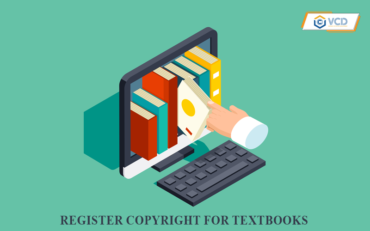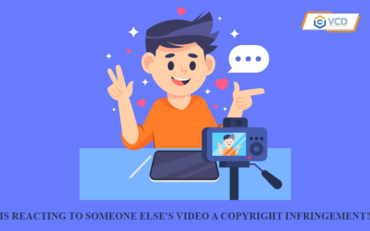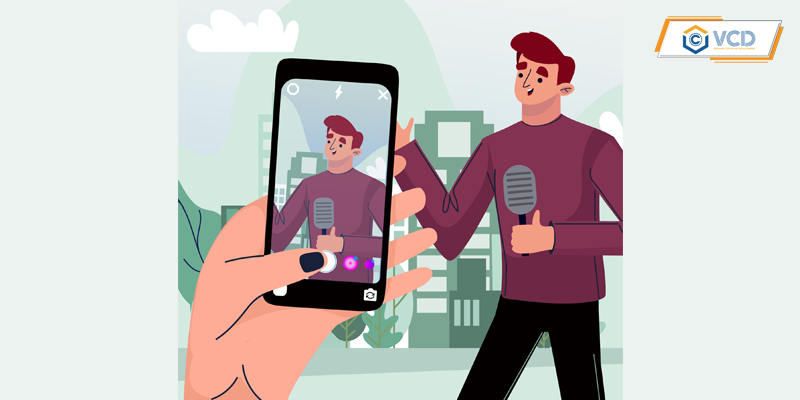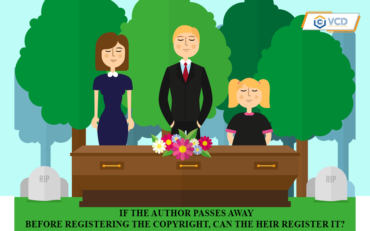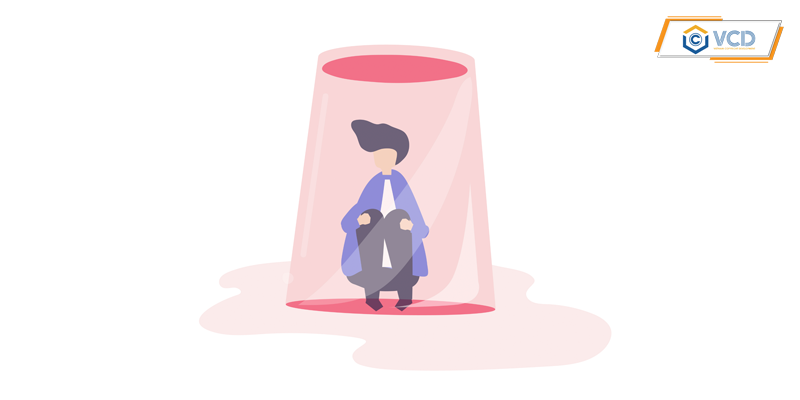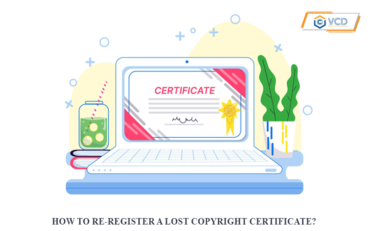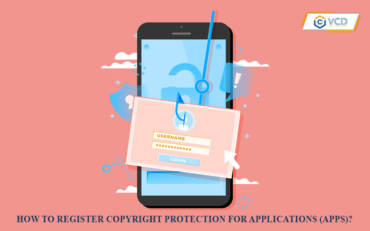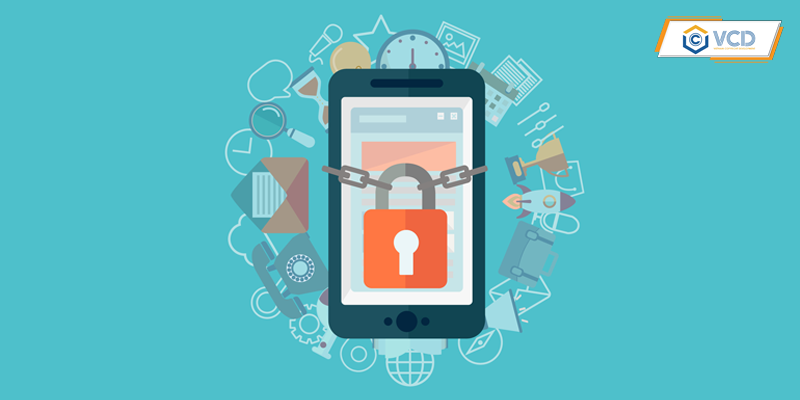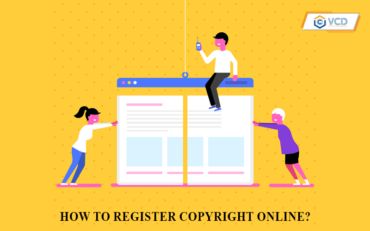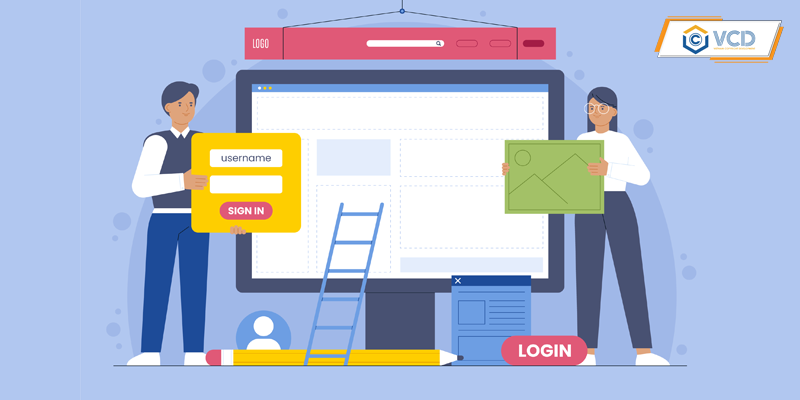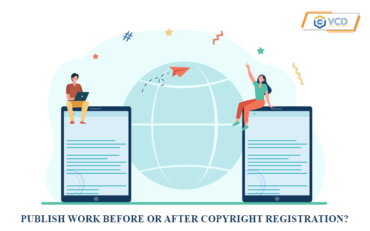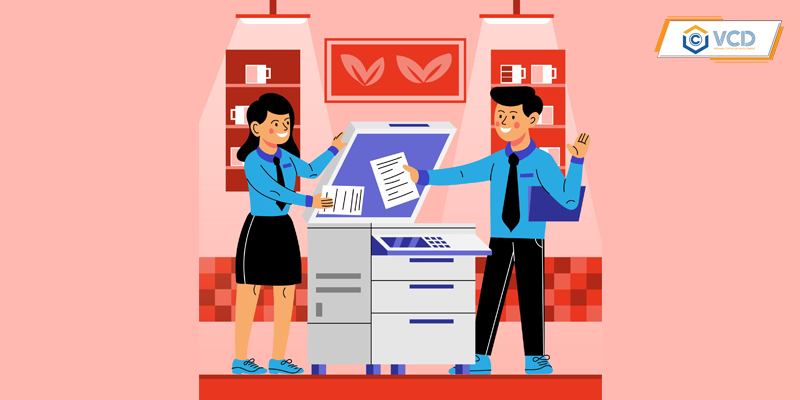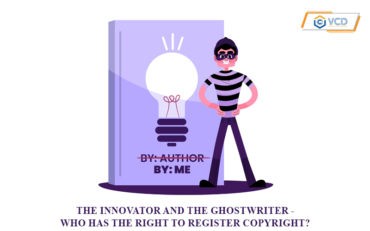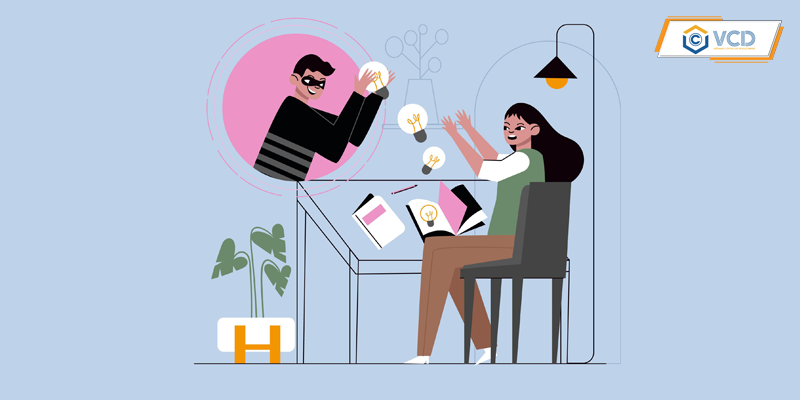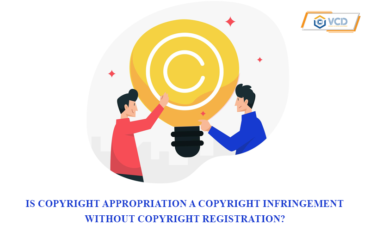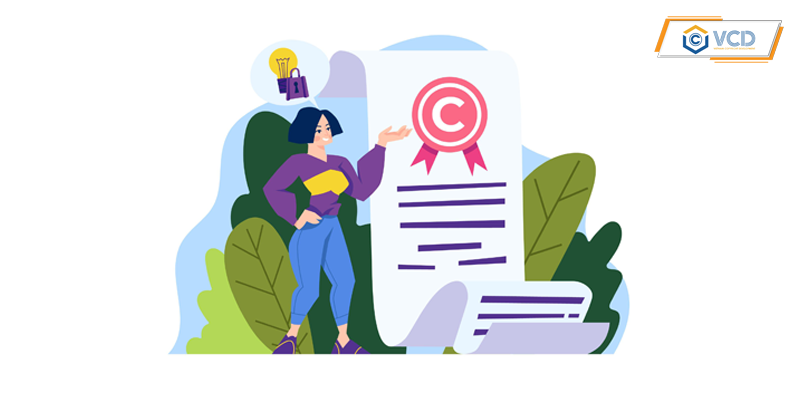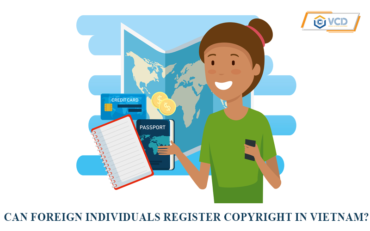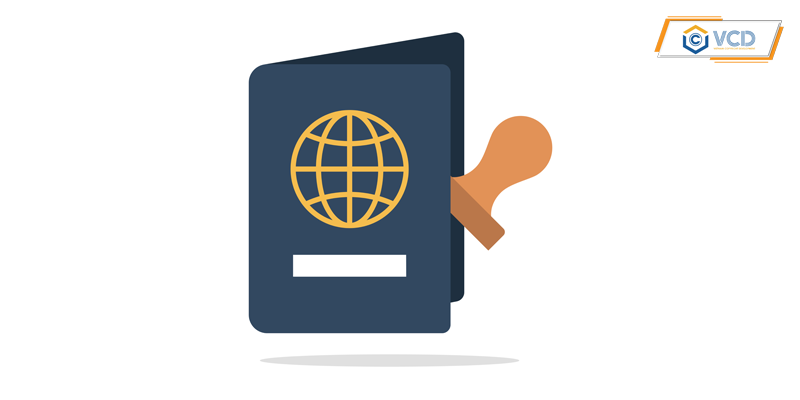Register copyright for textbooks
Textbooks play a particularly important role in the field of education, not only providing knowledge for students but also influencing the awareness of the younger generation. Known as an essential source of documents, registering copyright for textbooks has become an issue of concern to many customers due to its importance. The processes and procedures related to protecting copyright for textbooks need to be focused on. The following article from VCD will help you.
1. Concept of copyright and textbook copyright?
Vietnamese intellectual property law stipulates that copyright, also known as authorship, is the right of organizations and individuals to works they create or own.
According to the provisions of Clause 1, Article 6 of the Law on Intellectual Property, copyright registration is not mandatory because copyright arises as soon as a work is created and expressed in a certain form regardless of language, copyright still arises without having to be registered with the competent authority. Registration with the competent authority is the recording of the work’s author and the recording of information about the author’s intellectual property rights for the registered work.
Textbooks are books that provide knowledge compiled for the purpose of teaching and learning at schools. This is a work published specifically according to the requirements of the educational program and approved by the Minister of Education and Training, allowing it to be used as official teaching materials.
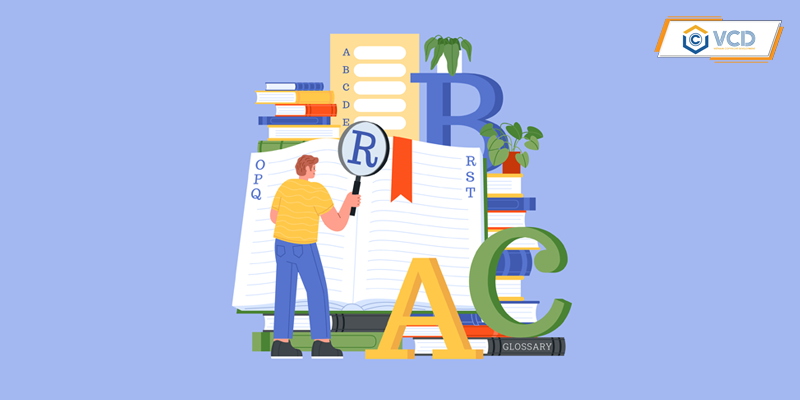
2. Procedures for registering copyright for textbooks
The process of registering copyright for textbooks includes the following steps:
Step 1: Prepare a file to register copyright for textbooks
After completing the work, the owner or author must prepare a file to register copyright for textbooks according to legal regulations. This file must include documents proving the legal ownership of the owner and the actual process of creating the work.
Step 2: Submit a file to register copyright for textbooks
The first mandatory step is to submit online via the National Public Service Portal to get the file code.
Then, submit directly to the Copyright Offices.
Or submit by post to the Copyright Offices.
Step 3: Appraisal of registration dossiers and issuance of copyright certificates for textbooks
After receiving the registration dossiers, the Copyright Office will review, appraise and make decisions appropriate to each case as follows:
Within 15 working days from the date of receipt of valid dossiers, the Copyright Office will issue a Copyright Registration Certificate to the applicant.
If the dossier contains any deficiencies or errors that need to be supplemented, the Copyright Office will notify the applicant to make adjustments. If the individual or organization fails to make adjustments within the prescribed time, the Copyright Office has the right to return the dossier.
In case the Copyright Office refuses to issue a Copyright Registration Certificate, a written notice will be sent to the applicant.
Copyright registration fee for textbooks:
The registration fee is the amount that the author or owner of the work must pay to the registration agency (Copyright Office). This fee may vary depending on the type of work.
According to Article 4 of Circular 211/2016/TT-BTC, the fee for copyright registration for textbooks is stipulated at VND 100,000 for each certificate.
The application for copyright registration for textbooks includes the following documents:
- Copyright registration form according to the form of the Copyright Office.
- Copy of the work for copyright registration (02 copies): It is necessary to provide 02 copies printed on A4 paper, with the signature or seal of the author or owner.
- Legal documents of the author, including CCCD/CMND.
- Authorization letter for VCD to carry out the procedure.
- Documents proving the right to submit an application.
- Written consent of co-authors, if the work has multiple authors.
- A written commitment from the author on the independent creation of the work, not infringing on the copyright of others.
In case the applicant is not the author (for example: organization, company), the application must include:
- A power of attorney for VCD to carry out the procedure.
- A copy of the identity card of the author or authors.
- A transfer of ownership of the work from the author/authors to the owner (if there is a transfer).
- A copy of the business registration certificate or establishment decision (if the registered owner is a legal entity).
- A written commitment from the author or authors on the independent creation of the work, not infringing on copyright.
- A copyright registration application form of the Copyright Office.
- Other information: author’s pen name, address, phone number and fax of the author, owner of the work.
Above is the article “Register copyright for textbooks” that VCD sent to you. We hope this article is useful to you.
Sincerely,

